Which herbicide to use?
tarah116
9 years ago
Related Stories
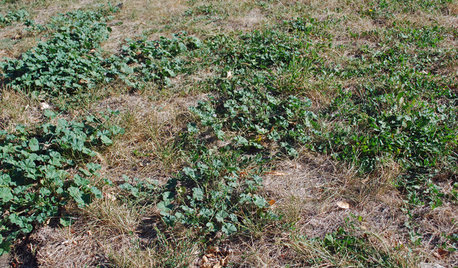
GARDENING GUIDESWeed War: When and How to Use Chemical Herbicides
Before you spray, arm yourself with knowledge about which weed killers — natural or synthetic — are right for your yard
Full Story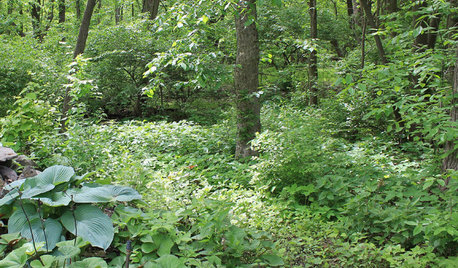
LANDSCAPE DESIGNGarden Overhaul: Which Plants Should Stay, Which Should Go?
Learning how to inventory your plants is the first step in dealing with an overgrown landscape
Full Story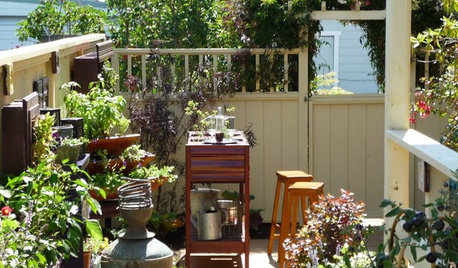
GARDENING GUIDES15 Ideas to Try in Your Garden This Year
These gardening stories were tops among Houzz readers. Which ideas might you try this year?
Full Story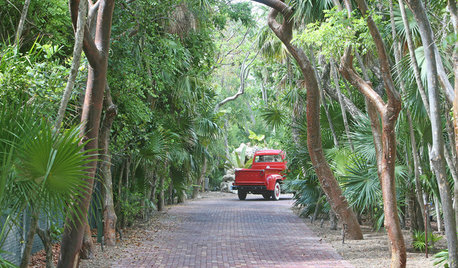
LANDSCAPE DESIGNThe Unparalleled Power of Trees
Discover the beauty and magic of trees, and why a landscape without them just isn't the same
Full Story
GARDENING GUIDESHow to Switch to an Organic Landscape Plan
Ditch the chemicals for a naturally beautiful lawn and garden, using living fertilizers and other nontoxic treatments
Full Story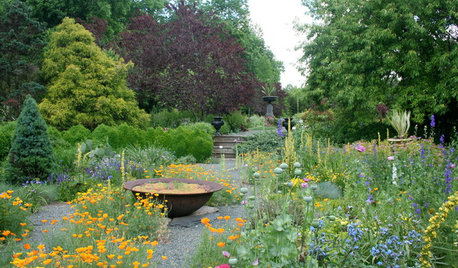
REGIONAL GARDEN GUIDESSoutheast Gardener's February Checklist
Pinch, prune and prepare this month — springtime's riches in the garden will be here before you know it
Full Story
HOME TECHHello, It's Your Houseplant Calling
Or even tweeting. Today's apps and gadgets let plants communicate in better ways than with a show of withered leaves
Full Story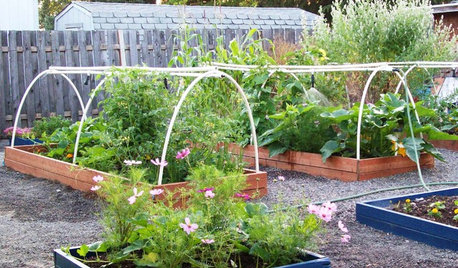
BENEFICIAL INSECTSAttract Pollinators for a Productive Edible Garden
You can lure bees, butterflies and birds into your yard with the right flowers and nesting spots
Full Story
GARDENING GUIDESThe Poop Scoop: Enrich Your Soil With Good Old Manure
Get over the ick factor already — this natural super-ingredient for soil has so many benefits, you'll wonder why you ever went chemical
Full Story
GARDENING GUIDESGet on a Composting Kick (Hello, Free Fertilizer!)
Quit shelling out for pricey substitutes that aren’t even as good. Here’s how to give your soil the best while lightening your trash load
Full Story





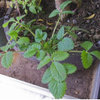
jean001a
lazy_gardens
Related Professionals
Arlington Landscape Contractors · Chattanooga Landscape Contractors · Dinuba Landscape Contractors · Mercedes Landscape Contractors · Midland Landscape Contractors · Mission Bend Landscape Contractors · Munster Landscape Contractors · Pahrump Landscape Contractors · Parker Landscape Contractors · Ringwood Landscape Contractors · Setauket-East Setauket Landscape Contractors · Spring Landscape Contractors · Tustin Landscape Contractors · University City Landscape Contractors · San Pablo Landscape ContractorsKimmsr
lisanti07028
emerogork
lisanti07028
emerogork
lisanti07028
emerogork
emerogork
Kimmsr